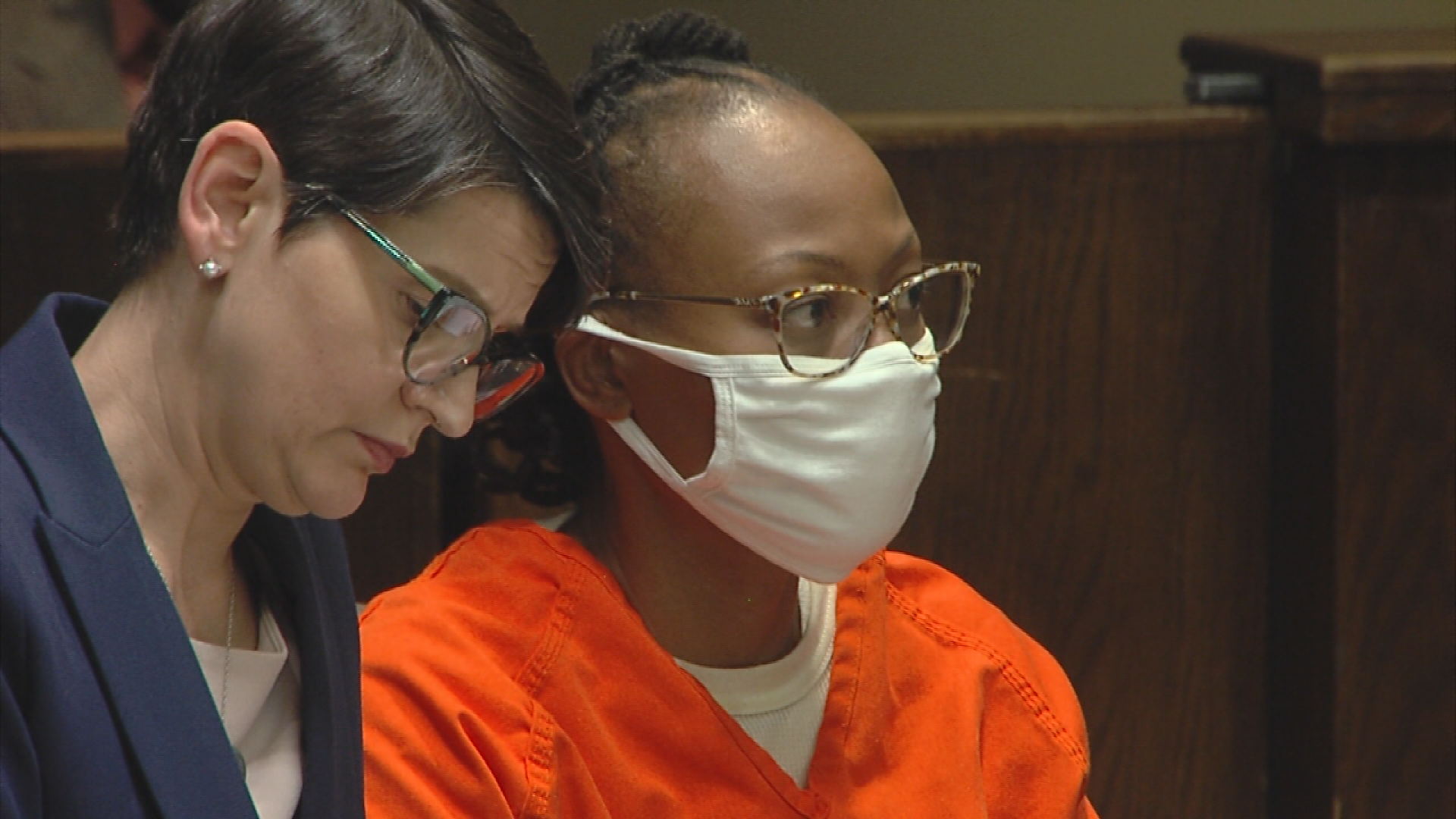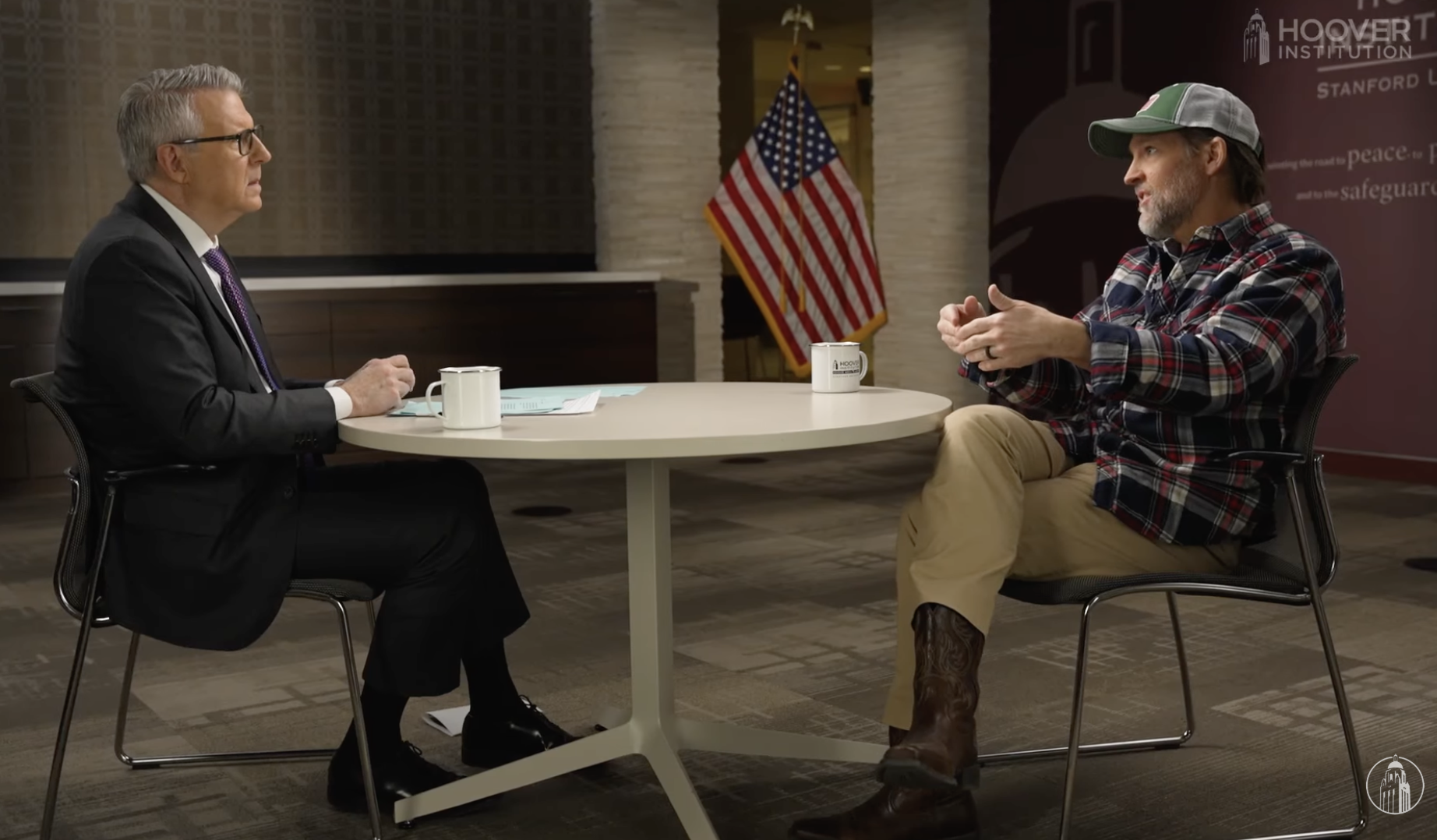MADAGASCAR: Church Leaders Call for Peace After Deadly Protests
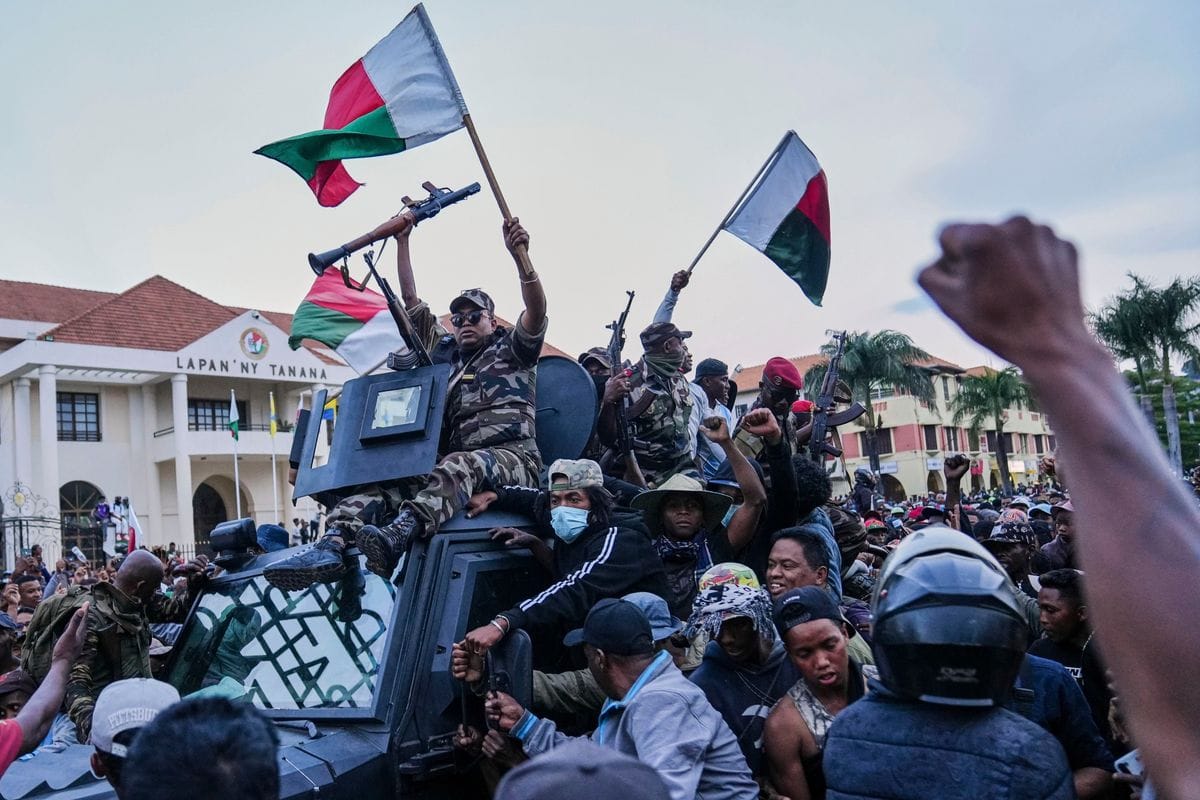
Following weeks of youth-led protests in Madagascar that resulted in at least 22 deaths and destruction of property worth millions of dollars, church leaders in the southwestern Indian Ocean island nation called for "peace, protection of life and the common good" in October 2025. Christian Daily International reported the church's response to escalating violence.
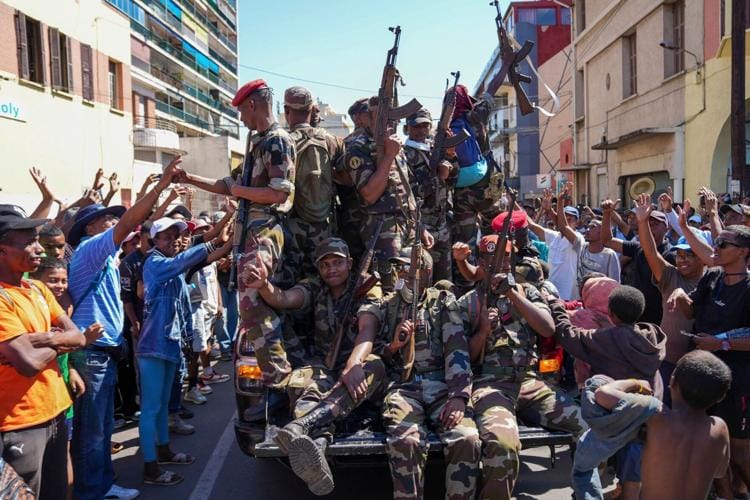
The protests began in September 2025, driven by youth frustrated with economic conditions, government corruption, and limited opportunities. Demonstrations initially focused on economic grievances but escalated into broader anti-government movements. Police responses included tear gas, rubber bullets, and in some cases live ammunition, contributing to the death toll.
At least 22 people died during the protests, though actual casualties may be higher given limited reporting from rural areas. Hundreds more sustained injuries, and property damage included burned government buildings, vandalized businesses, and destroyed infrastructure. The violence particularly affected Antananarivo, Madagascar's capital, though protests spread to other major cities.
Madagascar's churches, representing both Catholic and Protestant traditions, issued joint statements calling for dialogue, restraint from violence, and government accountability. Church leaders emphasized that legitimate grievances exist but violence undermines peace and harms vulnerable populations. They offered churches as neutral spaces for dialogue between protesters and government officials.
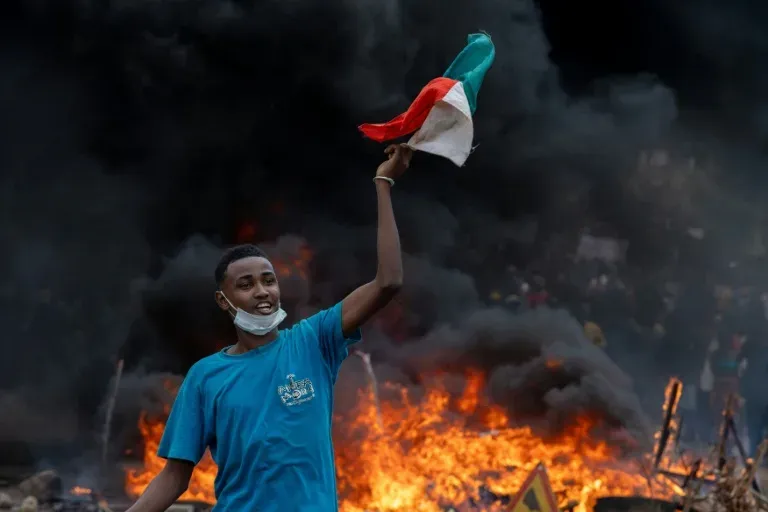
The statements called on government authorities to address youth unemployment, corruption, and economic inequality that fuel protest movements. Simultaneously, church leaders urged protesters to pursue change through peaceful means, warning that violence ultimately harms the communities protesters claim to represent.
Madagascar faces significant economic challenges: widespread poverty, limited employment opportunities, political instability, and infrastructure deficits. Youth, comprising majority of population, face particularly dim prospects, creating conditions for social unrest. Previous protest movements have similarly erupted over economic conditions and governance failures.
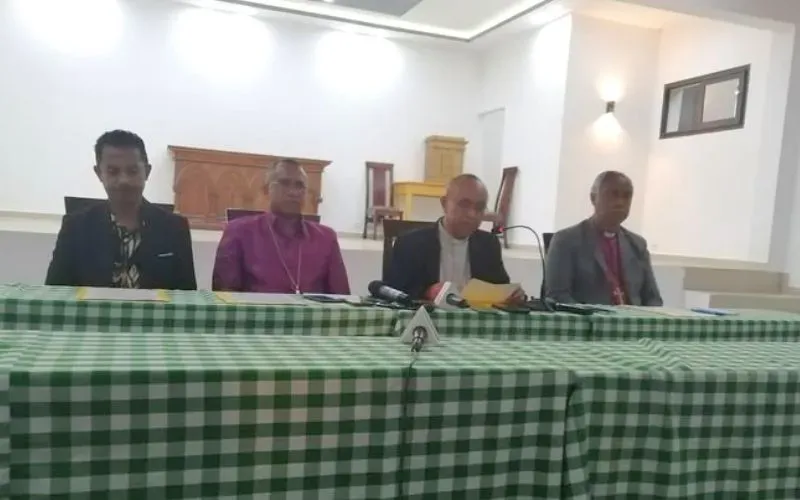
Church leaders' intervention reflects Christianity's significant role in Malagasy society. Approximately half of Madagascar's 28 million people identify as Christian, divided roughly equally between Catholic and Protestant traditions. Churches maintain extensive networks of schools, hospitals, and social services, giving them substantial moral authority and practical influence.
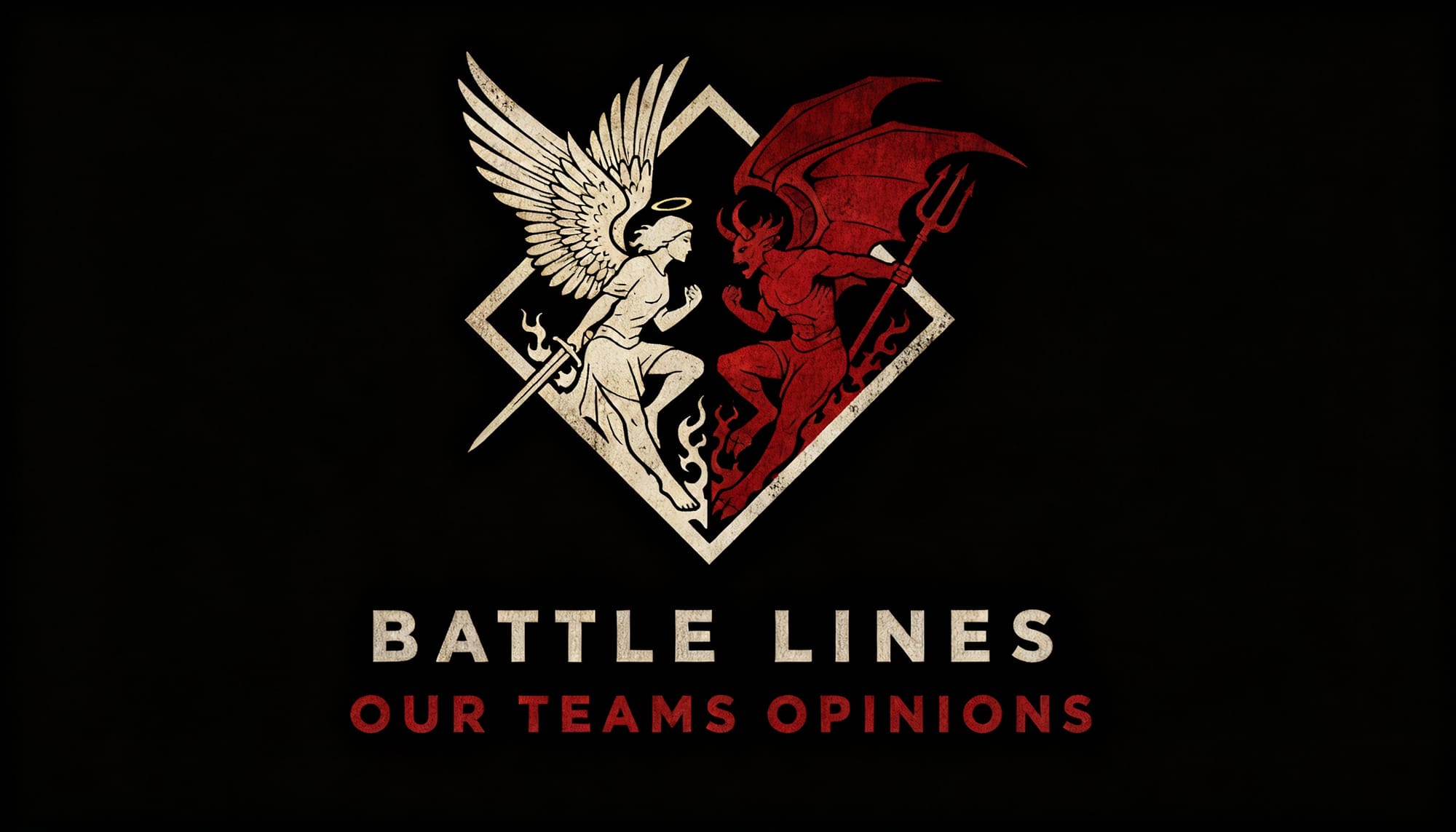
THE CRUSADERS OPINION
Madagascar's churches responding to deadly protests demonstrates Christianity's crucial role as moral voice advocating for both justice and peace when societies fracture. The church leaders' balanced approach, validating legitimate grievances while condemning violence, models how Christians should engage political turmoil.
Twenty-two deaths from protests reveal governance failure requiring serious address. When youth feel so hopeless about economic prospects that they're willing to risk death in street protests, something is profoundly broken in society. The church correctly identifies that government must address corruption, unemployment, and inequality fueling unrest.
However, the church leaders also correctly insist that violence undermines justice rather than advances it. Burning buildings, destroying property, and engaging in riots harm vulnerable populations most. When businesses are vandalized, jobs disappear. When infrastructure is destroyed, services collapse. When violence erupts, it's poor communities that suffer most while elites remain insulated.
The offer of churches as neutral dialogue spaces reflects Christianity's unique position in divided societies. Churches possess moral authority, physical infrastructure, and community trust that secular institutions often lack. When government and protesters refuse to talk, churches can facilitate communication. This mediating role represents practical application of gospel reconciliation.
For Christian unity, Madagascar's situation shows Catholic and Protestant churches cooperating effectively despite theological differences. When political crisis threatens peace and lives, denominational distinctions become secondary to shared commitment to justice, peace, and human dignity. This unity strengthens church influence and credibility.
Pro-Christendom Christians should recognize pattern here: where Christianity maintains cultural influence, churches can speak prophetically to power while also calling communities to righteousness. This is Christendom functioning properly, not as state church imposing dogma but as moral voice transcending political factions to advocate for common good.
The economic conditions driving Madagascar's protests reflect broader challenges facing developing nations: youth bulges without employment opportunities, corruption limiting development, inequality creating resentment, and political systems unresponsive to popular needs. Churches addressing these structural issues embody biblical concern for justice, not just spiritual salvation.
Western Christians should support Malagasy churches' peacemaking through prayer and practical assistance. Churches mediating conflict need resources: training in conflict resolution, financial support for dialogue initiatives, and international advocacy amplifying their calls for peaceful resolution. Solidarity means standing with churches doing difficult reconciliation work.
The situation also reminds us that violence rarely achieves lasting positive change. Revolutionary violence typically produces new tyranny replacing old oppression. Peaceful movements requiring sustained engagement, strategic organization, and moral authority prove more effective long-term. Churches calling protesters toward peaceful resistance serve both protesters' interests and broader social good.
Madagascar's church leaders demonstrate what Christian political engagement should look like: neither uncritical support for government nor revolutionary endorsement of violent protest, but prophetic voice calling both sides toward justice, peace, and human flourishing. This third way, grounded in gospel values rather than partisan politics, offers path forward for societies in conflict.
The church's emphasis on "protection of life and the common good" reflects Catholic social teaching's core principles but also resonates with Protestant emphasis on human dignity and neighbor love. When 22 people die in protests, life's sanctity has been violated by both excessive government force and protester violence. Churches correctly mourn these deaths while calling for change preventing future bloodshed.
Western media largely ignores Madagascar's crisis because African lives apparently matter less than Western crises. This indifference should shame us. When churches in Madagascar work for peace amid political turmoil, Christians worldwide should pay attention, amplify their message, and support their efforts. The global body of Christ suffers when any member suffers, and Madagascar's churches are suffering while serving.
The ultimate test will be whether dialogue produces change. If government refuses reforms or protesters reject peaceful process, violence may resume. Churches can facilitate conversation but cannot force resolution. Yet their witness remains valuable: when society collapses into violence, Christians stood for peace, justice, and human dignity. That testimony endures regardless of immediate political outcomes.




